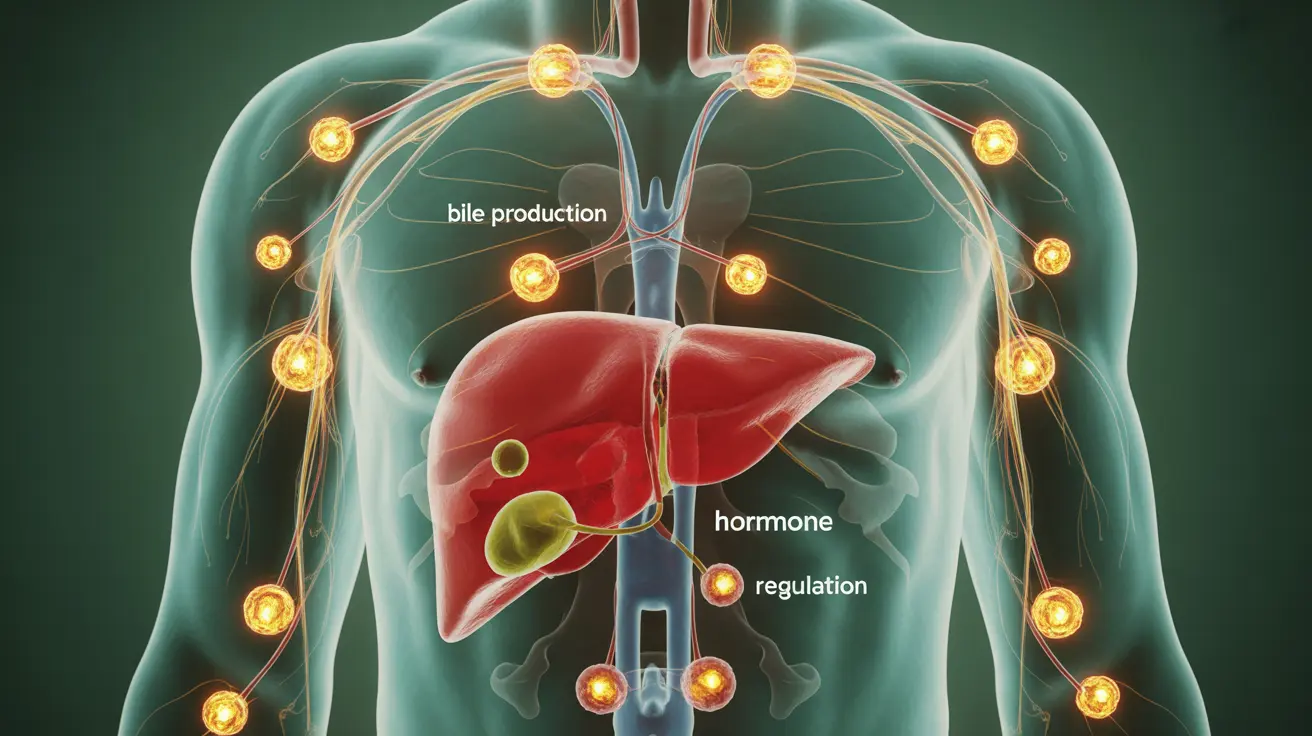Hypocholesterolemia, or abnormally low cholesterol levels, is a condition that often goes unrecognized but can have significant health implications. While most people are concerned about high cholesterol, having cholesterol levels that are too low can also impact your health in various ways. Understanding this condition is crucial for proper diagnosis and management.
This comprehensive guide explores the causes, symptoms, and treatment options for hypocholesterolemia, helping you better understand when low cholesterol might be a cause for concern.
What is Hypocholesterolemia?
Hypocholesterolemia occurs when total blood cholesterol levels fall below 140 mg/dL. While cholesterol often gets a bad reputation, it's actually essential for various bodily functions, including hormone production, cell membrane formation, and vitamin D synthesis. When levels become too low, these processes can be disrupted.
Common Causes of Low Cholesterol
Genetic Factors
Some individuals inherit genetic mutations that affect their body's ability to produce or process cholesterol effectively. These inherited conditions can lead to chronically low cholesterol levels from birth.
Medical Conditions
Several health conditions can contribute to hypocholesterolemia, including:
- Malnutrition or malabsorption disorders
- Hyperthyroidism
- Liver disease
- Certain types of anemia
- Critical illness or infection
Medications and Treatments
Some medications and treatments may inadvertently lower cholesterol levels too much, particularly:
- Aggressive statin therapy
- Some cancer treatments
- Certain antibiotics
- Blood thinners
Signs and Symptoms
The symptoms of hypocholesterolemia can vary depending on the underlying cause and severity. Common signs include:
- Unexplained weakness or fatigue
- Anxiety or depression
- Increased risk of hemorrhagic stroke
- Hormonal imbalances
- Difficulty with wound healing
Diagnosis and Testing
Diagnosing hypocholesterolemia typically involves:
- Comprehensive lipid panel tests
- Physical examination
- Review of medical history
- Additional blood work to identify underlying causes
Treatment Approaches
Addressing Underlying Conditions
The primary focus of treatment is often identifying and addressing any underlying medical conditions causing low cholesterol. This might involve treating infections, adjusting medications, or managing hormonal disorders.
Dietary Modifications
Nutritional interventions may include:
- Increasing healthy fat intake
- Ensuring adequate protein consumption
- Adding cholesterol-containing foods when appropriate
- Addressing any malnutrition issues
Medication Adjustments
In some cases, treatment might involve:
- Modifying existing medication dosages
- Switching to alternative treatments
- Adding supplements or medications to support cholesterol production
Monitoring and Prevention
Regular monitoring is essential for managing hypocholesterolemia effectively. This includes:
- Regular blood tests to track cholesterol levels
- Monitoring for potential complications
- Adjusting treatment plans as needed
- Regular check-ups with healthcare providers
Frequently Asked Questions
What are the common causes of hypocholesterolemia and how do they affect cholesterol levels?
Common causes include genetic factors, malnutrition, certain medical conditions like hyperthyroidism and liver disease, and some medications. These factors can interfere with cholesterol production, absorption, or processing in the body, leading to abnormally low levels.
What symptoms and health risks are associated with having abnormally low cholesterol?
Symptoms can include fatigue, depression, anxiety, and increased risk of hemorrhagic stroke. Low cholesterol can also affect hormone production and cell membrane integrity, potentially leading to various health complications.
How is hypocholesterolemia diagnosed and what tests are used to identify it?
Diagnosis typically involves a comprehensive lipid panel test that measures total cholesterol, HDL, LDL, and triglycerides. Additional blood work and physical examinations may be necessary to determine underlying causes.
What treatment options are available for managing low cholesterol due to different underlying conditions?
Treatment options include addressing underlying medical conditions, dietary modifications to increase healthy fat intake, medication adjustments, and in some cases, supplementation or specific medications to support cholesterol production.
Can low cholesterol increase the risk of bone fractures or depression, and how is this risk managed?
Yes, low cholesterol has been associated with increased risks of both bone fractures and depression. These risks are managed through regular monitoring, appropriate supplementation, dietary changes, and mental health support when needed. Healthcare providers may also recommend specific interventions based on individual risk factors.




